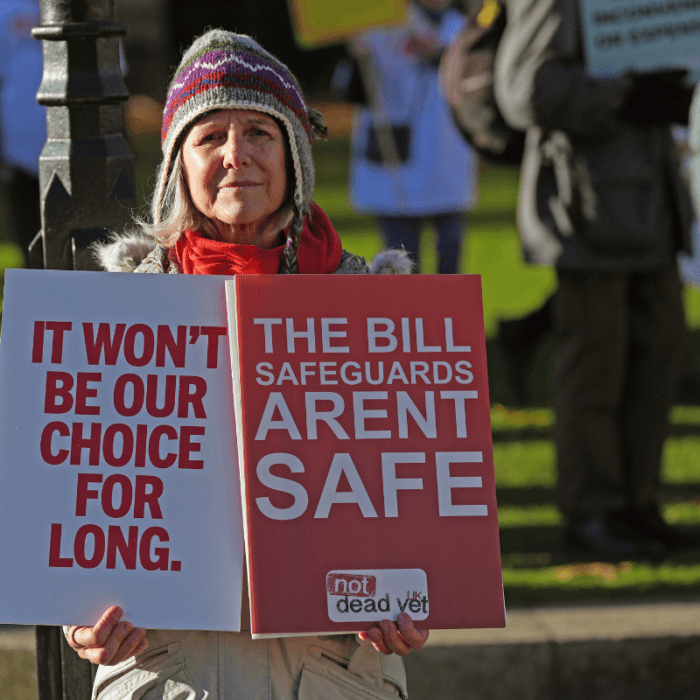There is a “defensible case” for 16-year-olds being able to choose assisted suicide, said the member of the Scottish Parliament (MSP) who introduced the Assisted Dying for Terminally Ill Adults (Scotland) Bill.
Scottish Liberal Democrat MSP Liam McArthur introduced the bill in March 2024, which, similar to the one put forward in Westminster covering England and Wales, would give the terminally ill access to medically-assisted suicide.
Unlike the Westminster bill, which sets the minimum age of eligibility at 18, McArthur’s proposed law would allow terminally ill minors aged as young as 16 to access assisted suicide, as 16 is the legal age of capacity in Scotland.
Taking questions at the Health, Social Care, and Sport Committee at the Scottish Parliament on Tuesday, McArthur defended opting for 16, “on the basis that being the age of adult capacity for making medical decisions.”
Persuasive Argument for Raising Limit
McArthur continued that he has also heard evidence during other committee sittings in relation to raising the age to 18, citing other jurisdictions like Australia and states in the United States, as well as the bill going through the Westminster Parliament.The minimum age “is probably an area where I am keen to reflect further,” should the bill progress, McArthur said.
The MSP said: “I think the arguments for setting the age level at 18 are persuasive. But, as I said, I think the reason for opting for 16 is that it is the age at which individuals are deemed to have capacity to make a range of decisions in relation to their care and treatment.”
Bill Fails to Address Dangers
To be eligible under the proposed Scottish law, a person must be terminally ill, be over the age of 16, and have lived in Scotland for at least 12 months. The process would have to be signed off by two doctors.McArthur put forward the bill because he believes those who meet the criteria should be able to access “safe and compassionate assisted dying,” and does not believe the terminally ill should have a prolonged and painful death.
However, campaigners have said that McArthur’s bill, like the one in Westminster put forward by Labour MP Kim Leadbeater, “fails to address very serious dangers associated with assisted suicide.”
Miro Griffiths, an expert adviser on disability and the spokesman for the Better Way campaign, said after the committee session that there was evidence from palliative care doctors, psychiatrists, specialists in the care of older people, and disabled people’s organisations that a change in the law “would inevitably lead to abuses against the most vulnerable.”
Griffiths said in a statement: “Nothing in Liam McArthur’s Bill would rule out coercion of patients through subtle pressure applied behind closed doors, people feeling pressure to die because of the inequalities they face, or legislative mission creep in years to come.
“These dangers are unsolvable, regardless of the assurances ‘assisted dying’ supporters offer to the Scottish public.”
“Demands for personal autonomy must be weighed against legislators’ duty to uphold protections for the most vulnerable. We believe assisted suicide would wrongly prioritise the former over the latter,” he said.

Other Laws Being Considered
The Scottish bill is currently at stage one, where it is being scrutinised by a committee, after which the bill will be debated and voted on by all MSPs.The bill will return to the Commons for further debate by all MPs in the spring.
These laws on assisted suicide are not the only ones being considered in the British Islands.
The State Assembly will debate the draft document at the end of 2025.
The Isle of Man, a British Crown Dependency, is also considering a law on assisted suicide for the terminally ill. In January, the Legislative Council, the Tynwald’s upper house, passed the Assisted Dying Bill and it will head back to the House of Keys—the lower house—for consideration.







